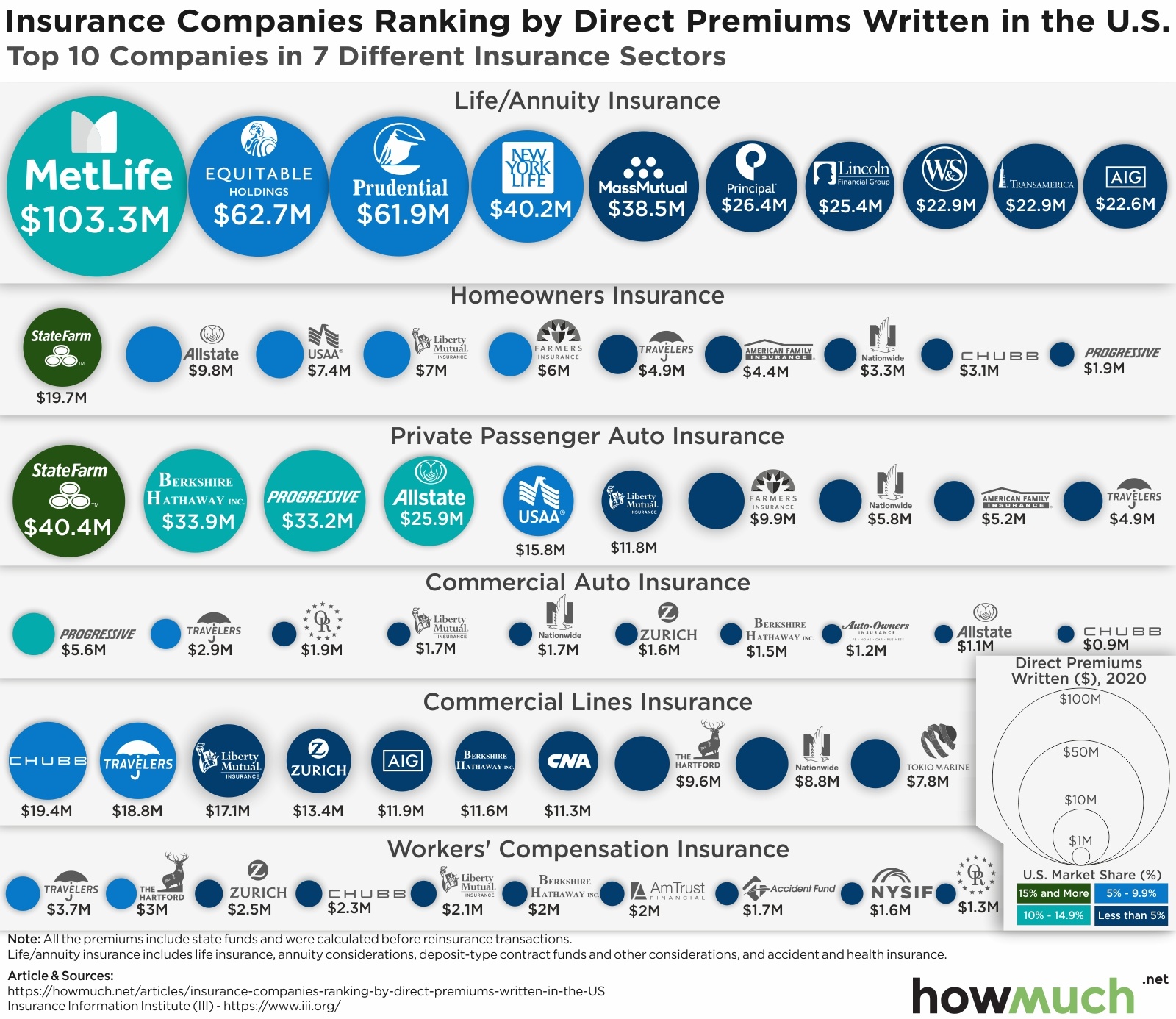When was the last time you walked into a bank? And when was the last time you checked a banking app on your phone? Researchers at Wharton found that while people walk into a bank branch once or twice a year, they check their bank’s mobile app 20 to 30 times a month. Fintech, or “financial technology,” has changed the way we use financial services, and the market is only growing.

- Online payments processor stripe recently raised another $250 million in funding, with no plans to go public.
- Real estate company Opendoor is expanding into nine new markets.
- Intuit recently purchased credit monitoring service Credit Karma for over $7 billion.
- The United State government has loosened restrictions on all-digital banks.
Our data comes from the Forbes Fintech 50 2020. Our viz compares the funding of all companies across industries. A larger bubble on the viz indicates more funding, and bubbles are colored according to category.
Top 10 Fintech Startups by Funding 2020
1. Opendoor (Real Estate; Irvine, California): $1.3B
2. Stripe (Payments; Mountain View, California): $1B
3. Credit Karma (Personal Finance; San Francisco, California): $869M
4. Chime (Personal Finance; San Francisco, California): $805M
5. Affirm (Personal Finance; San Francisco, California): $800M
6. TransferWise (Payments; London, United Kingdom): $689M
7. Root Insurance (Insurance; Columbus, Ohio): $528M
8. Coinbase (Blockchain & Bitcoin; San Francisco, California): $525M
9. Toast (Payments; Boston, Massachusetts): $498M
10. Kabbage (B2B Lending; Atlanta, Georgia): $489M
Not just banks are affected by fintech: from investing, to insurance, to real estate, these startups are revolutionizing financial services -- and getting lots of funding to do it. Two of the startups on the Forbes list have even received over $1 billion in funding: Opendoor, a real estate company, buys homes directly from homeowners, and Stripe, a payments company, offers software for Internet-based payments.
While Opendoor charges a higher fee than typical real estate agents, the process can take only days, versus months if listing with a realtor. Partnering with the real estate brokerage Redfin, Opendoor has recently announced expansion to several new markets like Charlotte and Orlando.
Founded in 2010, Stripe is an old-timer among fintech startups, but it shows no signs of slowing down. In fall of 2019 Stripe raised another $250 million in funding, putting the company at a $35 billion valuation. Co-founder John Collison told the press that the company has “no plans” to go public at the moment, and that Stripe is “quite early in this opportunity.”
While Stripe has no plans to go public, the credit monitoring service Credit Karma did just that, through acquisition. The financial software company Intuit recently purchased it for over $7 billion. With nearly $900 million in funding, Credit Karma was the third most-funded on startup on the Forbes list. Intuit plans to use the Credit Karma acquisition to build a personal finance platform for customers.
With more and more financial services being conducted digitally, expect brick-and-mortar banking to compete with all-digital banks: Revolut, an all-digital bank, has recently became the UK’s most valuable fintech startup. All-digital banks are similarly making headway in the United States, where regulatory pressures on fintech have been loosened.
How often do you visit a bank versus check your mobile app? Do you use any of the services of the companies on our list? Let us know in the comments and share with your friends.
Data: Table 1.1
About the article
Authors
Irena - Editor





